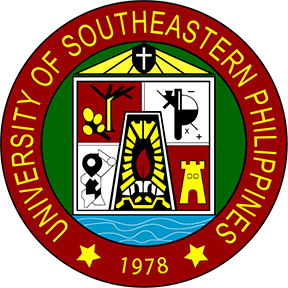This is an introductory course that explores basic knowledge, skills, and values in the use of technology for teaching and learning. It includes ICT policies and safety issues, media and technology in various content areas, learning theories and principles in the use and design of learning lessons, teaching-learning experiences, and assessment tasks that utilize appropriate traditional and innovative technologies with social, ethical, and legal responsibility in the use of technology tools and resources.
This course deals with nature of mathematics, appreciation of its practical, intellectual, and aesthetic dimensions, and application of mathematical tools in daily life.
The course begins with an introduction to the nature of mathematics as an exploration of patterns (in nature and environment) and as an application of inductive and deductive reasoning. By exploring these topics, students are encouraged to go beyond the typical understanding of mathematics as merely a set of formulas but as a source of aesthetic in patterns of nature, for example, and a rich language in itself (and of science) governed by logic and reasoning.
The course then proceeds to survey ways in which mathematics provides a tool for understanding and dealing with various aspects of present-day living, such as managing personal finances, making social choices, appreciating geometric design, understanding codes used in data transmission and security, and dividing limited resources fairly. These aspects will provide opportunities for actually doing mathematics in a broad range of exercises that bring out the various dimensions of mathematics as a way of knowing, and test the student's understanding and capacity. (CMO No. 20, series of 2013)
